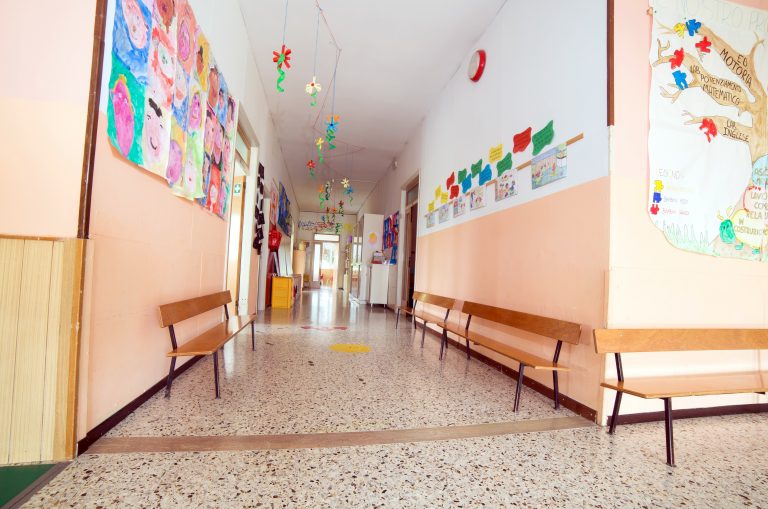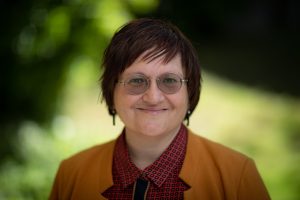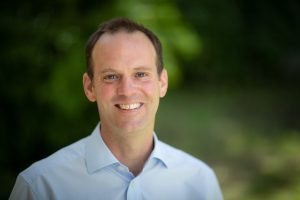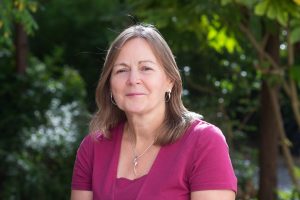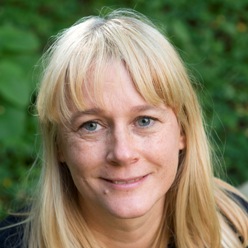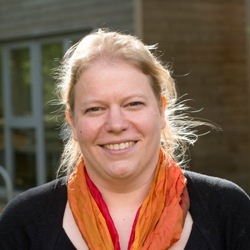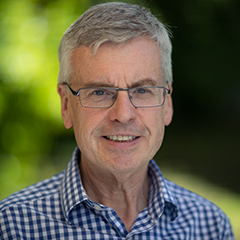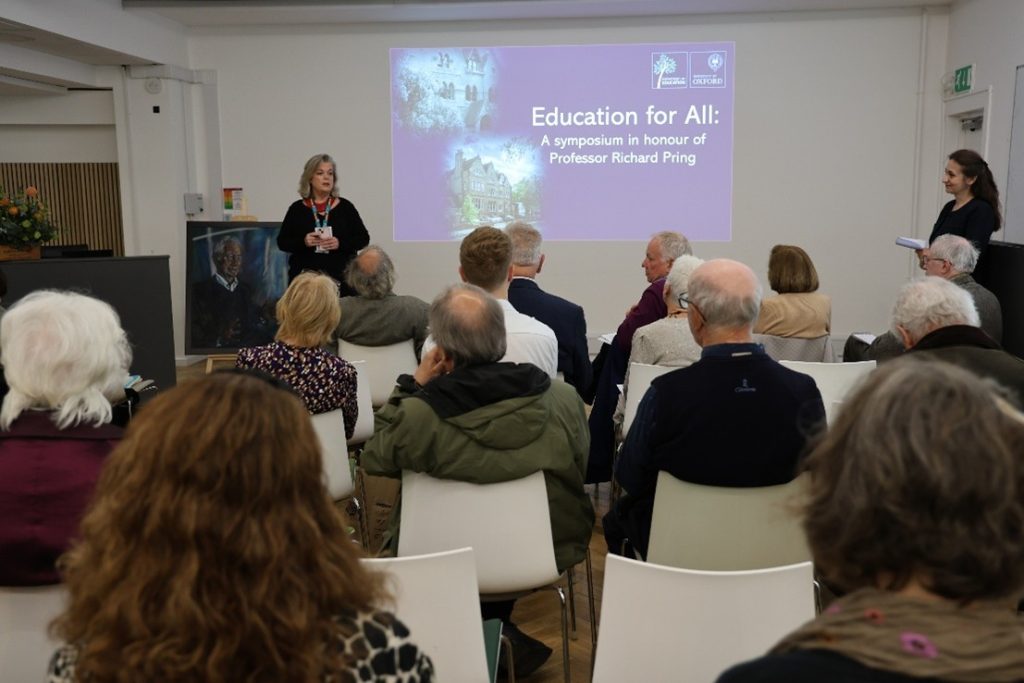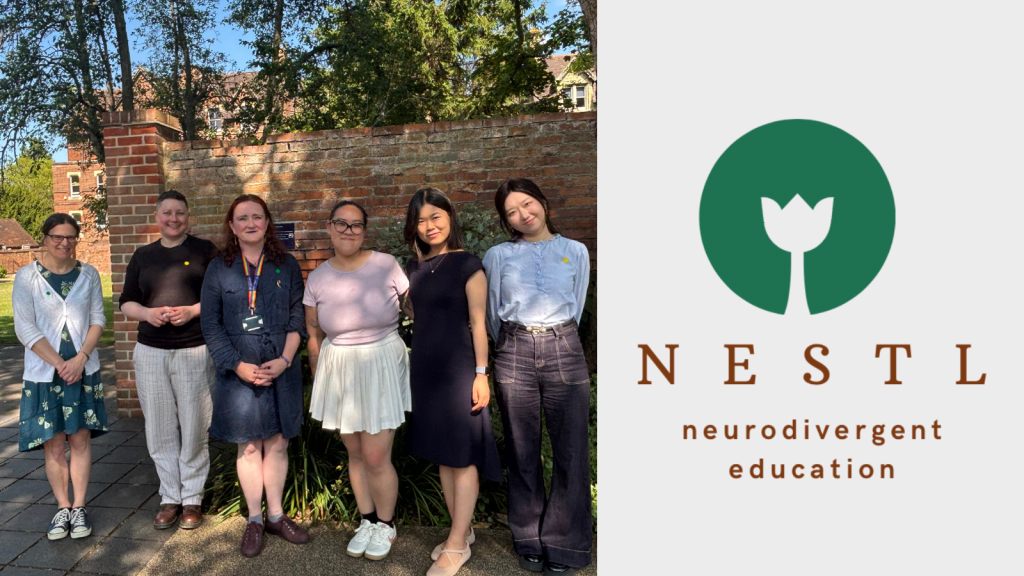English, Drama and Media in Education
The Forum for English, Drama and Media in Education brings together academic, post-graduate researchers, teachers and arts practitioners to develop opportunities for research that also stimulate educational and arts practice.
The Forum builds on developmental work, over the last eleven years, with Oxford’s Pegasus Theatre (including innovative teacher education workshops and the Arts Council funded ‘Voices’ project), Big State Theatre and digital film maker Mark Bishop, and emerging relationships with other individuals and organisations, including professional associations.
The Forum’s first event was a small international symposium in July 2011 about the influence of Vygotsky’s ideas on pedagogy in the English Language Arts and Drama. The Forum aims to provide opportunities for researchers, practitioners and beginning teachers to discuss, debate and research both the theories related to English pedagogy and the related practice of English teaching in a range of educational contexts. Recent research seminars have included sessions on teaching Film Studies at A level, school inspections and English Departments, and the role of grammar for learning in the English classroom. Click in the box on the right for further information about our archived and future events.
In our research we maintain a focus on the learning and teaching involved in the wide range of ‘subjects’ associated with English. Current research projects involving Forum members include:
- Developing Students’ Knowledge of Phonics in Secondary Teacher Education.
- Literacy for Learning? The Effect of Literacy Across the Curriculum Policies on Pupils’ Literacy Skills
- Learning to Teach Writing in Culturally Diverse Settings.
Geography in Education
The Geography Education group develops knowledge and practice in the teaching and learning of Geography in educational contexts, particularly at secondary and tertiary levels and with a view to influencing policy.
Group members are academics, graduate students and practitioners engaged in a range of research and development projects. We maintain a tradition of learning and researching to develop original thinking, critical perspectives and new knowledge in geography education while sustaining integrity with the nature of the subject. The research pervades development work with various groups of people, including those whom we are supporting to become teachers. To achieve this, members of the group use a range of research paradigms and ways of working. The group also supports the work of GEReCo (UK Geography Education Research Collective), the GTE (Geography Teacher Education) network and the Geographical Association (teacher professional association) in contributing to seminars, workshops and conferences.
History in Education
The History Education group develops knowledge, practice and policy in the teaching and learning of History in educational contexts, with a particular emphasis on history teachers’ professional learning and the ways in which curriculum policies play out in different school contexts.
Group members are academics, graduate students and practitioners engaged in a range of research and development projects, some of which intersect with the work of other research groups, particularly the Teacher Education and Professional Learning and Sociocultural and Activity Theory research groups.
We maintain a tradition of learning and researching to develop original thinking, critical perspectives and new knowledge in history education and are particularly interested in the nature of the relationships between school history and the academic discipline and between school history and young people’s encounters with the past in other contexts, including their families and local communities. Our interest in teachers’ professional learning explores similar connections, and is often conducted in partnership with teachers and mentors, exploring and enhancing the ways in which they draw on their disciplinary understandings, as well as other sources, in developing their practice. We work in close collaboration with the Historical Association, encouraging practitioner researchers (including PGCE students) to share their work through the professional journal, Teaching History, and also co-direct the association’s annual survey of history teaching in secondary schools in England. The main aim of this survey is to explore the influence of changing government policies – in relation to assessment and accountability measures as well as curriculum reform – on the ways in which history is taught and to whom.
Mathematics Education
The Mathematics Education Research Group develops knowledge, practice and policy in the teaching and learning of mathematics in educational contexts at different levels of education, including teacher preparation.
Group members are academics, research fellows, post-doctoral fellows, graduate students and practitioners engaged in a range of research and development projects, some of which overlap with the work of other research groups (notably, the Subject Pedagogy, Learning and New Technologies, Teacher Education and Professional Learning and the Applied Linguistics research groups).
We maintain a tradition of connecting up-to-date international research and practice while sustaining integrity with the nature of the subject. A focus on learning and teaching mathematics pervades our research, our teaching, and our development work with various groups of people, including those whom we are supporting to become teachers. To achieve this, members of the group use a range of research methodologies, paradigms and ways of working that reflect the complexity of learning mathematics, both in general and of particular topics.
Major themes we research include but are not limited to the following:
- mathematical thinking and reasoning
- task design
- the relation between teaching and learning mathematics
- social justice issues in the mathematics education system
Mathematical thinking and reasoning
- generally, how the mathematical reasoning of all students can be used and developed in school and tertiary mathematics
- specifically, how algebraic, logical, geometric and trigonometric thinking can be developed, drawing on research about learning, using various media and new technologies. We are also particularly interested in how students develop their understanding of proof.
Task design
- whatever the curriculum aims and teaching methods, tasks are at the heart of students’ mathematical experience
- the fine detail of tasks or sequences of tasks, and the ways they are implemented in the classroom, can make a significant difference to students’ learning opportunities
Relations between teaching and learning mathematics
- how teachers can use what is known about students’ mathematical learning
- examining the relationship between classroom interaction and the teaching and learning of mathematics
- how to identify the critical aspects of effective mathematics teaching practice
- how to design and implement theoretically-based and empirically-tested teaching methods for hard-to-learn aspects of mathematics (e.g. proving, problem solving, algebraic thinking)
Social justice issues in the mathematics education system
- we approach research into teaching and learning with a proficiency perspective – learning from what teachers and learners do
- we are particularly interested in those whose mathematical experiences, at school and university, lead to low achievement and/or negative attitudes
Science Education
The Science Education Special Interest Group within the Subject Pedagogy Research Group develops knowledge, practice and policy in the teaching and learning of science in educational contexts and has a strong emphasis on informing the professional development of in-service and pre-service science teachers.
Group members are academics, graduate students and practitioners engaged in a range of research and development projects, some of which overlap with the work of other research groups (notably, the Subject Pedagogy, the Learning and New Technologies, the Teacher Education and Professional Learning, the Applied Linguistics research groups and Sociocultural and Activity Theory).
Our research is underpinned by three key principles:
- That the research we do has the potential to inform our own professional work as science teacher educators but that it should also contribute nationally and internationally to debates about how we educate pre-service and in-service science teachers.
- That we work wherever possible in collaboration with other colleagues within the institution or beyond.
- That the work meets the standards of research recognised both nationally and internationally.
These principles are clearly reflected in the key themes of our research, which include the following: experienced and beginning teachers’ explanations in science including the issues and challenges that pupils face when English is an additional language; developing science teachers’ practice when teaching outside their subject specialism; science trainee teachers’ use of the internet; and the long-standing problems with physics teacher recruitment and retention.






